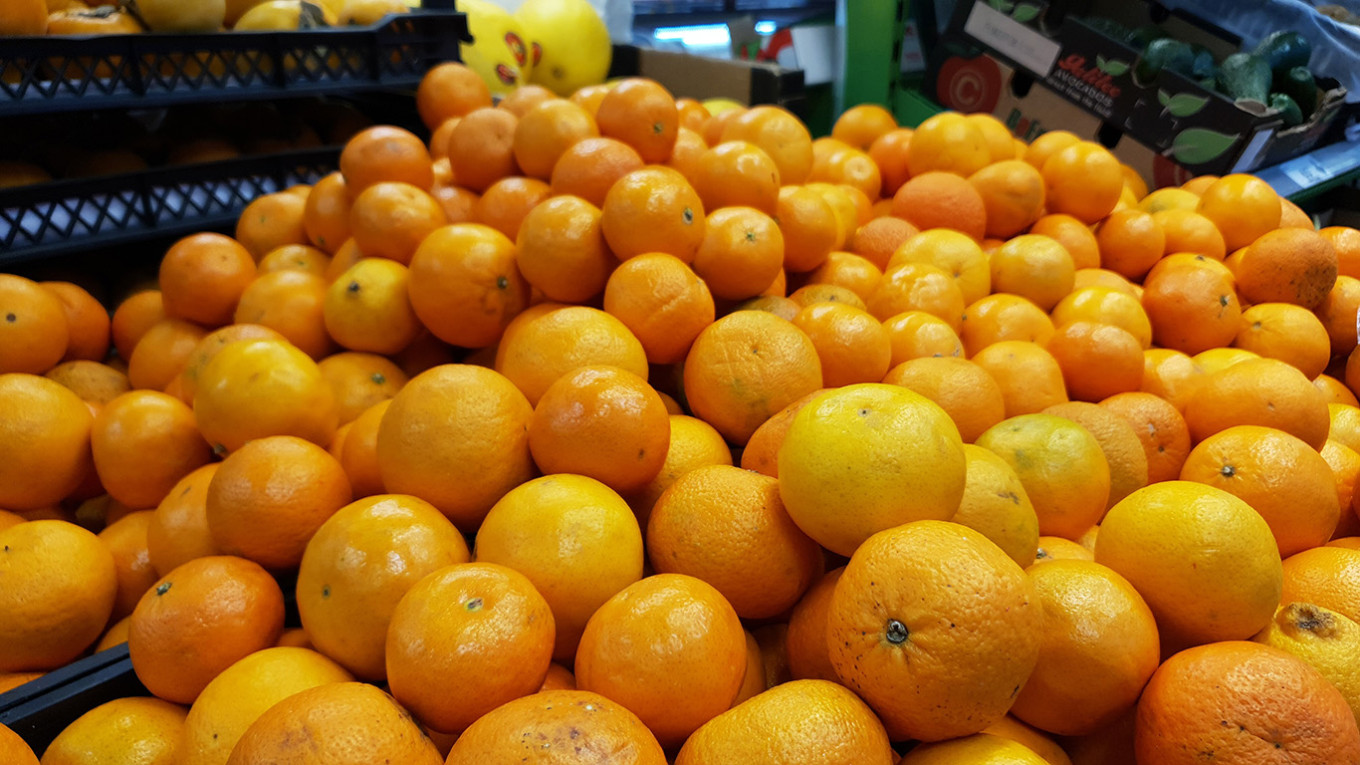Russian companies have established a barter trade system with Pakistan to facilitate economic exchanges without the need for monetary transactions, as they seek to overcome challenges with payments related to Western sanctions on Moscow.
The alternative trade arrangement was signed at the first Pakistan-Russia Trade and Investment Forum in Moscow. According to the Russian state media outlet TASS, the first Russian company to use the mechanism will be Astarta-Agrotrading, which will supply Pakistan with chickpeas and lentils. Pakistan’s Meskay + Femtee Trading Company will reciprocate by providing mandarins and rice.
Under the terms of the agreement, Russia will export 20,000 tons of chickpeas, while Pakistan will supply an equivalent amount of rice. Another contract stipulates that Russia will send 15,000 tons of chickpeas and 10,000 tons of lentils in exchange for 15,000 tons of mandarins and 10,000 tons of potatoes.
According to Nasir Hamid, Pakistan's deputy commerce minister, the barter system was created due to “difficulties with mutual payments."
While monetary transactions are under increasing scrutiny due to international sanctions against Russia in retaliation for its invasion of Ukraine, barter schemes offer companies a way to circumvent complications by exchanging goods directly rather than involving bank payments. Such deals help avoid attention from monitoring organizations tasked with ensuring compliance with sanctions.
This is not Russia's first exploration of barter trade as a solution to payment issues. In August, Reuters reported that Russia had been in discussions with China about resuming barter trade, particularly in metals and agricultural products. However, that project has been slow to gain momentum, as individual companies have struggled to meet the specific needs of both sides.
Barter agreements were once common between Beijing and Moscow before the Soviet Union's collapse and continued into the 1990s.
In May, Russian President Vladimir Putin and Chinese President Xi Jinping held a three-day summit where countering U.S. sanctions on mutual payments was a key focus of their discussions.
Aside from barter deals, Russia and China are also working on establishing a BRICS Bridge payment system. Emerging markets, in general, are interested in creating alternative payment systems, though this is not expected to be operational until 2028 at the earliest.
This article was first published by bne IntelliNews.
A Message from The Moscow Times:
Dear readers,
We are facing unprecedented challenges. Russia's Prosecutor General's Office has designated The Moscow Times as an "undesirable" organization, criminalizing our work and putting our staff at risk of prosecution. This follows our earlier unjust labeling as a "foreign agent."
These actions are direct attempts to silence independent journalism in Russia. The authorities claim our work "discredits the decisions of the Russian leadership." We see things differently: we strive to provide accurate, unbiased reporting on Russia.
We, the journalists of The Moscow Times, refuse to be silenced. But to continue our work, we need your help.
Your support, no matter how small, makes a world of difference. If you can, please support us monthly starting from just $2. It's quick to set up, and every contribution makes a significant impact.
By supporting The Moscow Times, you're defending open, independent journalism in the face of repression. Thank you for standing with us.
Remind me later.






